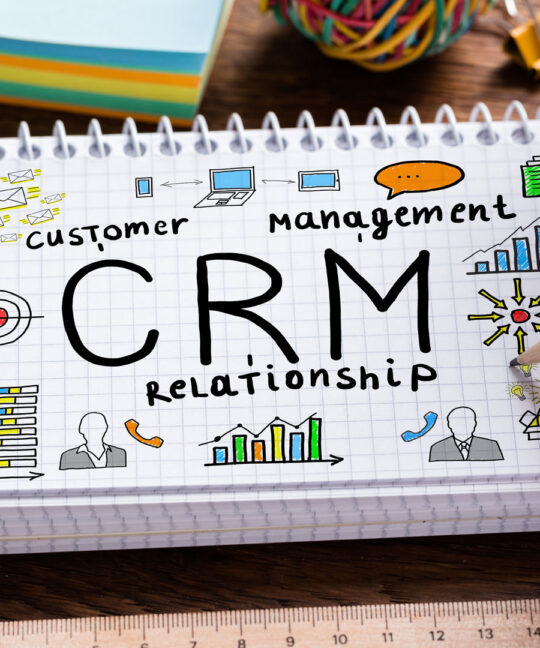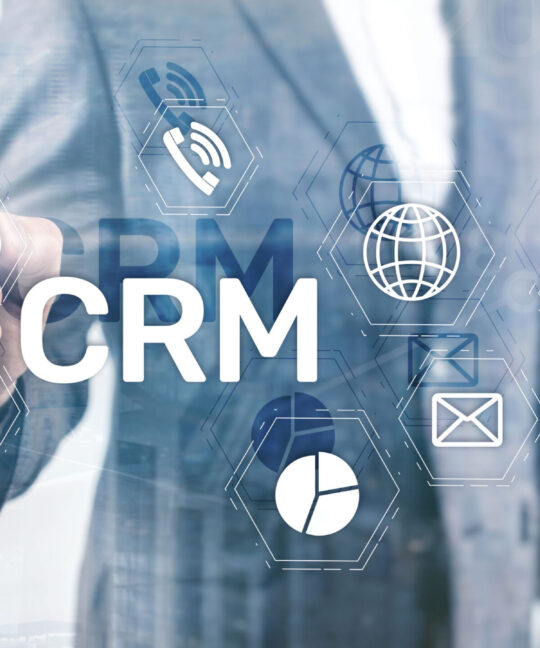Blogs
Maximizing Efficiency with Call Center Dialer Software: Essential Optimization Strategies
Why Call Center Dialer Software is Important?
Today, running a call centre requires more than hiring skilled...
Why Call Management Software is Essential for Modern Businesses
Significance of Call Management Software for Your Business
Phone calls still have a significant role in customers’...
Boost Efficiency and Customer Service with Virtual Call Center Solutions
Why is It Worth Investing in Virtual Call Center Solutions?
Did your sales reps or team of agents spread out...
Call Center Outsourcing Uncovered: A Comprehensive Guide for Companies
Why is Call Center Outsourcing Important?
Today, many companies are seeking efficient customer support solutions...
Inbound vs. Outbound Call Centers: Unveiling the Key Differences
How Do Inbound Services & Outbound Call Centers Provide Efficient Solutions For Your Business?
Today, customers...
10 Key Reasons Your Business Needs an IP PBX System
Significance of IP PBX System For A Business
Today, companies have many ways to contact customers and clients, such...
Auto Dialer Software for Outbound Call Centers: Streamline Your Sales and Outreach
Why Do You Need Auto Dialer Software for Outbound Call Centers?
Do your customer service and sales agents spend...
10 Proven Call Center Strategies for Immediate Success
How Call Center Strategies Can Help Your Business Grow?
Today, customers are not limited to purchasing products and...
Top-Tier Tactics for Thriving Customer Relationship Management
Why is Customer Relationship Management Important?
Dealing with a diverse customer base is challenging, as a...
Hosted PBX: The Definitive Guide to Everything You Need to Know
Why Invest in Hosted PBX Systems?
The global PBX market has experienced significant growth in recent years,...
Unlocking Superior Customer Service with CRM: Proven Strategies for Success
What is Customer Service with CRM?
The magic business formula to make every customer feel like your favourite one...
The Advantages of Implementing an Automated Calling System for Your Business
How Automated Calling Systems Improve Your Calling Operations?
Are your sales and marketing teams still initiating...












